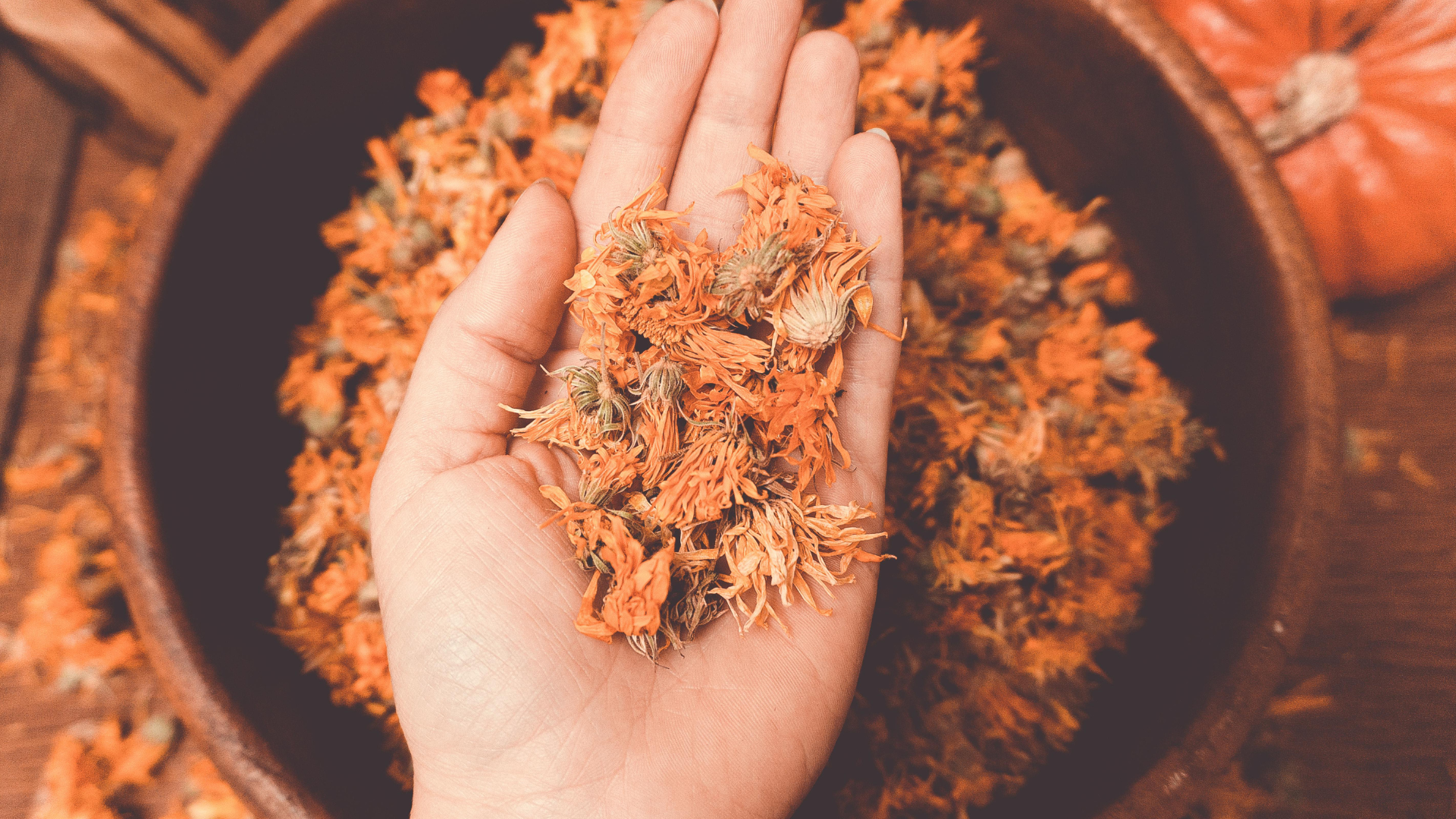Ayurveda Tips for Nurturing Mothers: A Holistic Approach to Well-being
Nov 25, 2024
Ayurveda Tips for Nurturing Mothers: A Holistic Approach to Well-being
Introduction:
Motherhood is a transformative journey that demands resilience, compassion, and unwavering strength. Ayurveda, with its deep understanding of the mind-body connection, offers valuable insights and practices to support mothers on their path to holistic well-being. Let's explore Ayurveda tips tailored to nurture mothers, addressing physical health, emotional balance, and the demands of caregiving.
1. Balancing Postpartum Vata:
Warm, Nourishing Foods:
-
Embrace a diet that includes warm, cooked foods such as soups, stews, and steamed vegetables, bone broths, ghee, and of course boiled spiced milk! Include sweet, nourishing flavors in your diet, such as dates, ghee, and sweet potatoes, to enhance postpartum recovery and provide essential nutrients. This helps pacify Vata dosha and supports postpartum recovery.
-
Hydration & Lactation Support: be sure to stay well hydrated as you're drinking for two! Favor teas with digestion enhancing lactation enhancing herbs such as: fennel, dill, ajwain and fenugreek seeds.
Abhyanga (Massage of Mother & Baby):
-
Regular self-massage with warm sesame oil followed by warm baths is excellent for reducing vata dosha. Self-oil massage is a self-nurturing practice which is grounding practice that helps nourish the tissues, promotes relaxation, and supports overall well-being. Women's Rasayana Oil is a perfect choice. When possible - be sure to treat yourself to a regular massage as well.
-
Baby massage: of course, ayurveda recommends daily massage of your baby as well as a way to bond with your baby and to regulate their nervous system, digestion, sleep and enhance their overall well being. Blissful Baby Body Oil is perfect for newborn massage.
Gentle Exercise:
-
Engage in gentle postpartum exercises like walking in nature, and postnatal yoga to strengthen the body, improve circulation, and aid in recovery. Consult with a healthcare professional before starting any new exercise routine.
2. Emotional Well-being and Stress Management:
Self-Care Rituals:
-
Prioritize self-care rituals that bring joy and relaxation. Whether it's a warm bath, time in sunlight or with other moms, moments of quiet reflection, or a simple cup of herbal tea, these practices contribute to emotional balance.
Mindful Breathing & Meditation:
-
Take time to incorporate mindful breathing exercises throughout your day, such as deep belly breathing or alternate nostril breathing, to calm the nervous system and alleviate stress. Sit and enjoy the silence and bliss out with your baby whenever you can. Savor the moments!
Connect with Support:
-
Cultivate a support system and don't hesitate to seek help when needed. Surrounding yourself with understanding and supportive individuals can significantly contribute to emotional well-being.
3. Balancing Sleep and Energy:
Create a Sleep Routine:
-
Establish a calming bedtime routine to signal the body that it's time to wind down.
-
This may include: warm oil self-massage followed by a bath, gentle stretches, a warm cup of warm spiced milk or herbal tea, or soothing music.
Nap when Possible:
-
Take advantage of short naps during the day to recharge your energy. Ayurveda recognizes the importance of rest and advocates for listening to the body's natural rhythms.
Mindful Rest:
-
Even in moments of rest, practice mindfulness. Allow yourself to fully relax and release any tension, promoting deep rejuvenation.
Conclusion:
Motherhood is a sacred journey that requires a delicate balance of self-care and nurturing practices. By integrating Ayurveda tips into daily life, mothers can enhance their physical health, emotional well-being, and overall vitality. As mothers prioritize their own well-being, they cultivate the strength and resilience needed to navigate the joys and challenges of motherhood with grace and authenticity.





